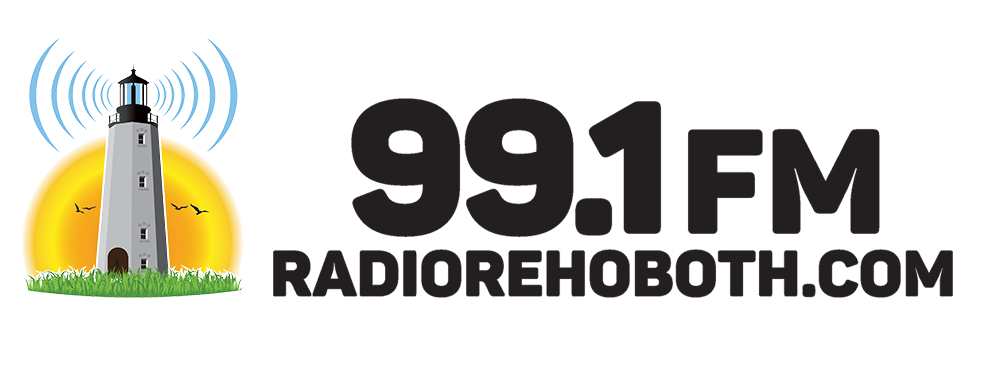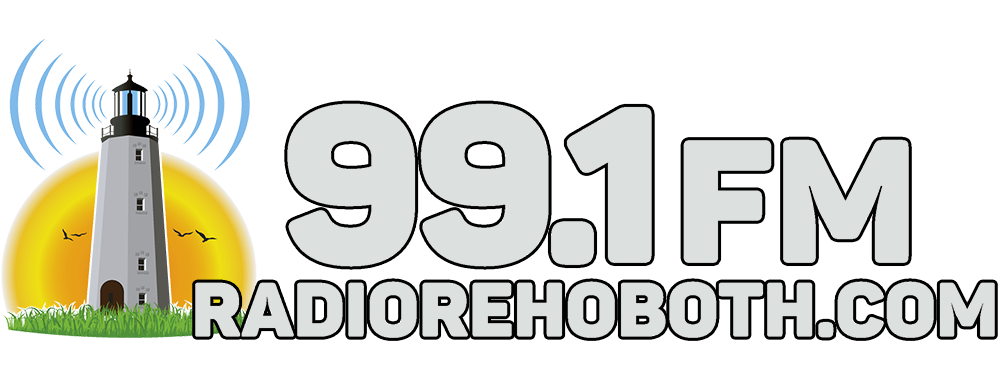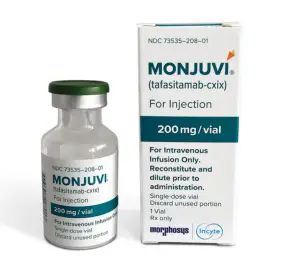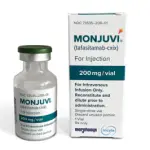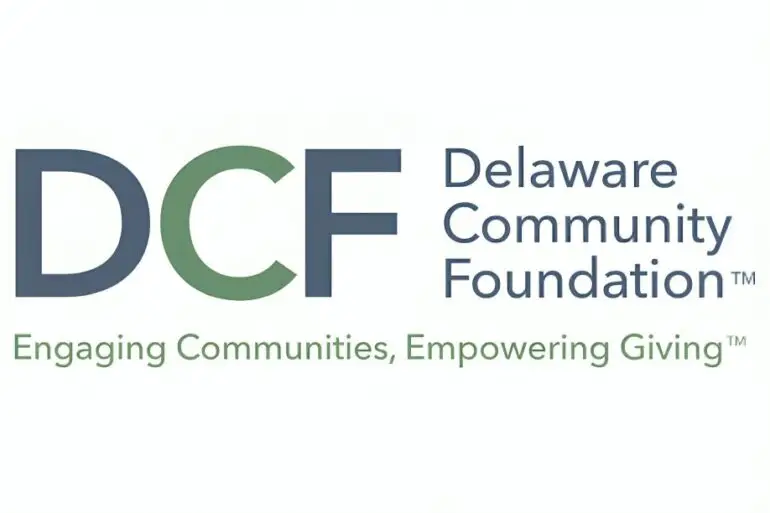-
 play_arrow
play_arrow
Radio Rehoboth

WILMINGTON — Incyte has announced promising results from a third phase of a trial studying Monjuvi, including more than half of the patients in the drug study showing meaningful improvement in follicular lymphoma.
Monjuvi, also known as tafasitamab, is a monoclonal antibody used in a combination therapy for treating adults with relapsed or refractory diffuse large B-cell lymphoma, a cancer of the lymphatic system. It’s the most common type of non-Hodgkin lymphoma in adults worldwide, with an estimated 24,000 patients diagnosed each year in the United States and the European Union.
The intravenous drug first entered Incyte’s portfolio after it was acquired earlier this year from MorphoSys for $25 million after years of successful development partnership.
Since then, Incyte has bet big on Monjuvi for further development in its oncology portfolio. The company has listed it as one of thirteen growth drivers in its third quarter report with a potential to reach a market of at most $1 billion by 2026, pending regulatory approval.
In the 548-patient study on Monjuvi, coupled with other drugs that treat lymphoma, lenalidomide and rituximab, about 57% of patients showed a reduction in risk of disease progression or relapse. The third phase study results were debuted at a 2024 American Society of Hematology conference in early December.
“We had significant benefit in progression-free survival, and in addition, we also saw a benefit in the efficacy of the other endpoints, like overall response rates like how much does the lymphoma shrink,” Incyte Group Vice President of Oncology Targeted Therapeutics Peter Langmuir said.
Patients who received Monjuvi saw results over 22 months versus the 13 months that patients who received the placebo.
Langmuir told the Delaware Business Times that Incyte will be conducting a survival analysis of the study in roughly five years as lymphoma tends to progress the further out a patient receives treatment.
The study confirms Incyte’s earlier assumptions on Monjuvi as the drug developer had released data that pointed to profession-free survival for patients in August. That data was so strong that Incyte had announced it planned to seek regulatory approval by the end of 2024.
It’s also welcome news as Incyte is exploring for the next blockbuster success – blood cancer medicine Jakafi brought in $741 million in revenue for Incyte between July and October alone, according to its earnings report. In comparison, Monjuvi delivered $34 million in that same time period.
As the U.S. Food and Drug Administration approved Monjuvi to treat large B-cell lymphoma, Incyte is reportedly seeking to file a supplementary biologics license to update the treatment options and expand the potential patient pool.
Monjuvi is one of three rising drugs Incyte is preparing for growth in the years to come, including Niktimvo, which is an antibody approved for chronic graft-versus-host disease and Zynyz, a PD-1 inhibitor to treat Merkel cell carcinoma. Combined, the three drugs are anticipated to bring in at least $800 million by 2029, Incyte Hervé Hoppenot told investors in October.
“Developing our drug pipeline is really important, because it’s what we do. When we see results like what we see in Monjuvi in treating diseases that are incurable, we’re helping patients manage their disease better to help them live their lives,” Langmuir said.
Go to Source:https://delawarebusinesstimes.com/news/incyte-reveals-promising-results-for-monjuvi-trial/
Author: Katie Tabeling
Written by: Katie Tabeling
Similar posts
Chart
Top popular
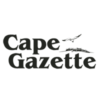
News Briefs 10/17/23
Board of Commissioners Workshop & Special Meeting – November 6

Six Sussex road projects considered in latest CTP
NFL Week 17 highlights: Packers, 49ers, Saints, Steelers win, Cardinals stun Eagles
Knicks vs. Cavaliers prediction, odds, line, spread, time: 2023 NBA picks, Nov. 1 best bets from proven model
Copyright 2023 East Sussex Public Broadcasting, Inc.
